Villa Carmen
12 6
Price on demand
Villa Lana
12 6
Price on demand
Villa Lauren
6 3
Price on demand
Villa Raquel
8 4
Price on demand
Villa Rita
10 5
Price on demand
The Balearic Islands, located off the east coast of Spain, are a prime destination for those looking for a luxury vacation. Composed mainly of Mallorca, Menorca, Ibiza and Formentera, these islands offer a unique blend of splendid beaches, picturesque landscapes and rich cultural history.
The history of the Balearic Islands is fascinating, dating back thousands of years. Inhabited since prehistoric times, the islands have witnessed the passage of many civilizations, including the Phoenicians, Greeks, Carthaginians and Romans. Each of these cultures has left an indelible mark on the islands' heritage. On Mallorca, for example, the remains of the Roman city of Pollentia can still be admired. Moorish influences are also present, notably in local architecture and craftsmanship. In the Middle Ages, the Balearic Islands became an important center of maritime trade under the crown of Aragon.
The Balearic Islands—a Mediterranean haven made up of Mallorca, Ibiza, Menorca, and Formentera—offer tourists an unforgettable experience. Known for their beautiful beaches, rich historical background, and clear waters, these islands are a feast for the eyes. To fully experience all that the Balearic Islands have to offer, choose a luxury villa rental in Balearic Islands. Whether you are looking for seclusion, comfort, or luxury, a villa rental in Balearics gives you the freedom to enjoy everything the islands provide. A villa rental in Balearics offers flexibility, privacy, and a tailored experience that hotels simply cannot match.
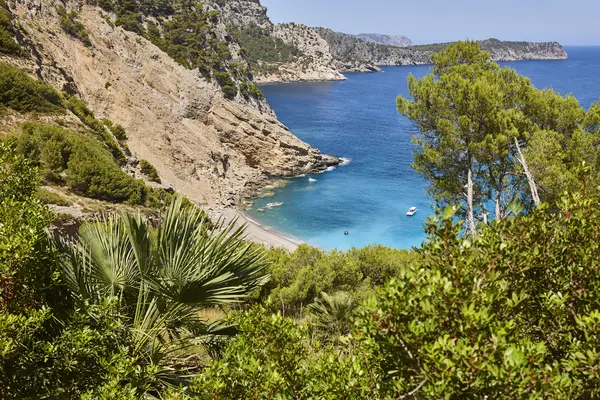
A villa for rent in Balearic Islands offers all the comforts and amenities you need for a truly luxurious stay. There's a villa for hire in Balearic Islands for every type of tourist. From spacious living areas to private pools and stunning views, staying in a villa for rent in Balearic Islands adds an extra layer of elegance to your holiday.
Not only do villa rentals in Balearic Islands provide more space and privacy, but they also allow you to immerse yourself in local culture. Choose a luxury villa rental in Balearic Islands to be close to the best sights and experiences of your chosen island, with the freedom to come and go as you please.
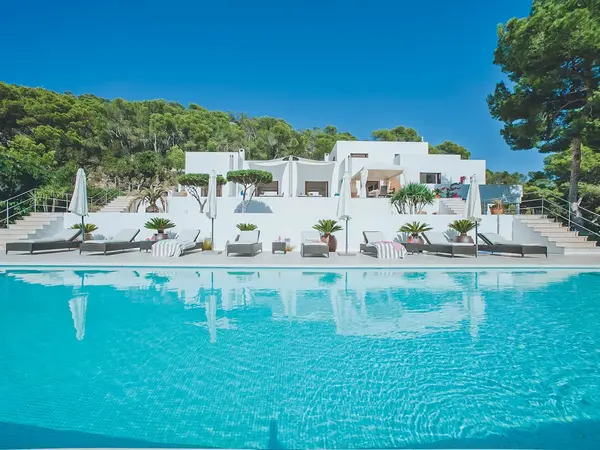
Mallorca is one of the most popular destinations in the Balearic Islands, giving a unique fusion of vibrant cities, charming villages, and natural beauty. Booking a villa rental Balearics in Mallorca allows you to explore the island’s best-known spots, like the capital, Palma. You also get to enjoy the peace and quiet of your luxurious home-away-from-home.
A luxury villa rental Balearic Islands here means that you can spend your days on the beach, hike through the mountains, or visit charming towns like Valldemossa. Then, after a day of exploration, you can unwind in the comfort of your villa for rent in Balearic Islands.
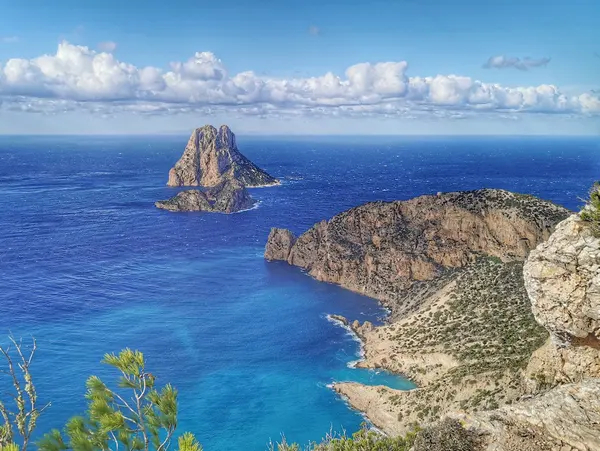
If you want to experience the best of both worlds, a villa rental Balearics in Ibiza is the way to go. Imagine spending your days in a beautiful villa for rent in Balearic Islands, lounging by the pool, or walking along the island’s stunning beaches, and then venturing into the city at night for an unforgettable party.
Choosing a luxury villa rental Balearic Islands in Ibiza means you don’t have to choose between relaxation and excitement—you get both.
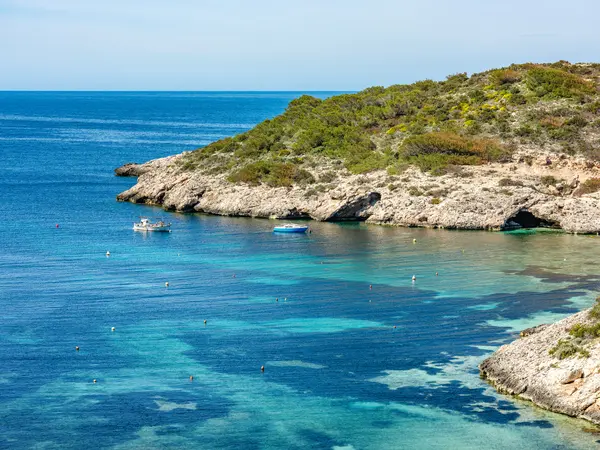
Menorca is the perfect destination for those seeking a peaceful retreat in the Balearic Islands. Known for its unspoiled beaches, quiet towns, and historic sites, Menorca is a wonderful choice for anyone seeking a serene escape.
A villa rental Balearics in Menorca offers tourists a chance to experience this tranquil atmosphere firsthand. From exploring the island’s archaeological sites to enjoying fresh seafood at local restaurants, a luxury villa rental Balearic Islands makes it easy to unwind.
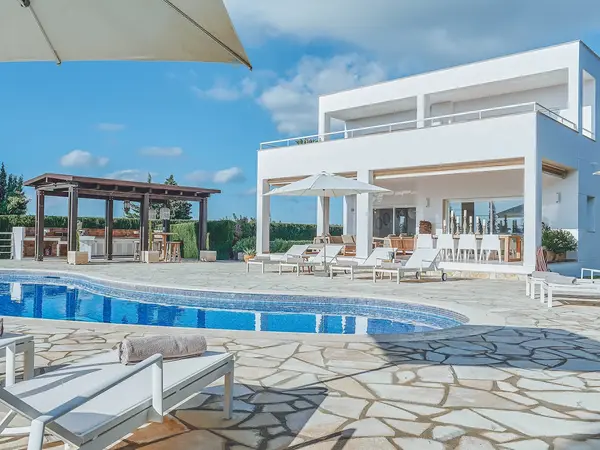
Formentera, the smallest of the Balearic Islands, offers an escape from the hustle and bustle of larger islands. A villa hire Balearic Islands on Formentera allows you to immerse yourself in this peaceful environment, with its pristine beaches and crystal-clear waters.
The island’s relaxed pace and beauty make it the perfect place to unwind in the comfort of your villa for rent in Balearic Islands. A luxury villa rental Balearic Islands on Formentera provides a unique experience, combining luxurious accommodations with the natural beauty of the island.
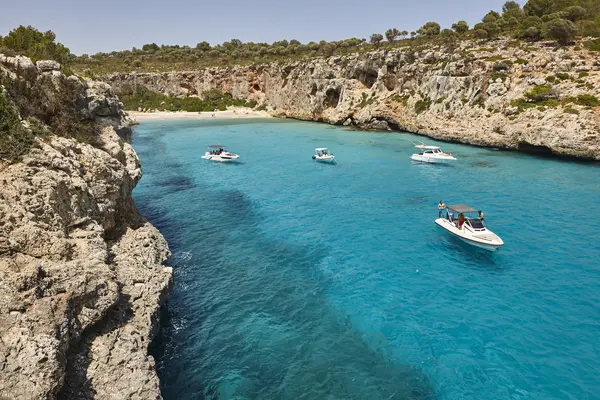
When you book a luxury villa rental Balearic Islands, you’re not just securing a beautiful place to stay; you’re also gaining access to the freshest Mediterranean ingredients and culinary experiences.
Many villa rentals in Balearics come with private chefs or fully equipped kitchens, allowing you to create memorable meals using local, seasonal produce.
No matter which of the Balearic Islands you choose to visit, booking a luxury villa rental is the best way to ensure an unforgettable holiday.